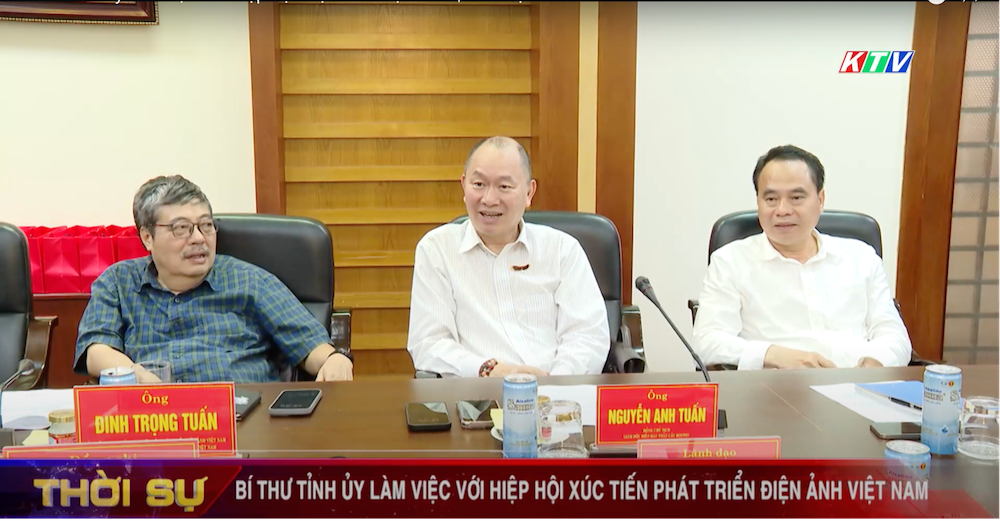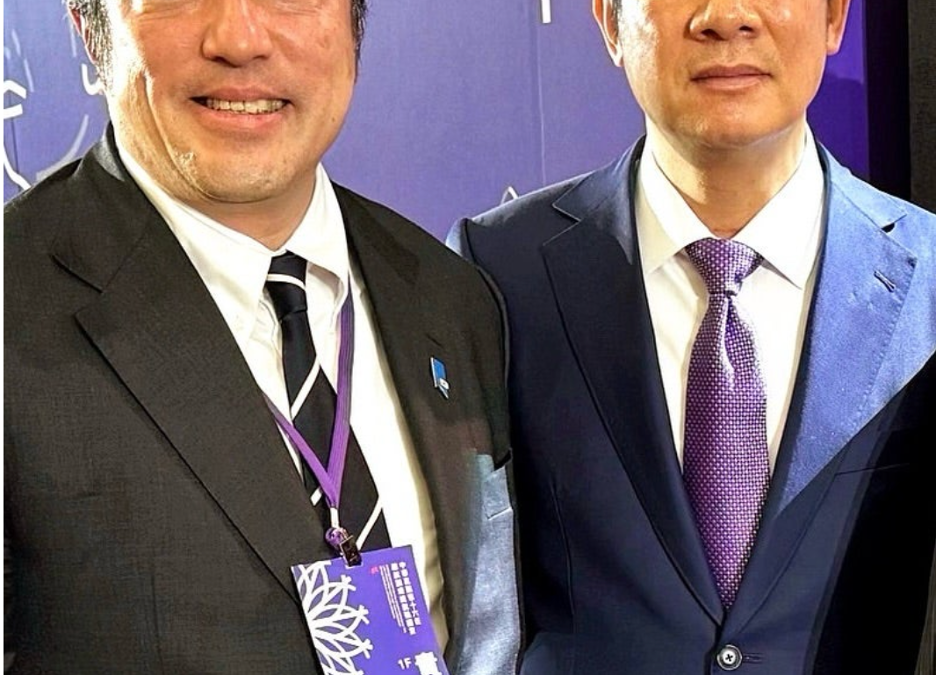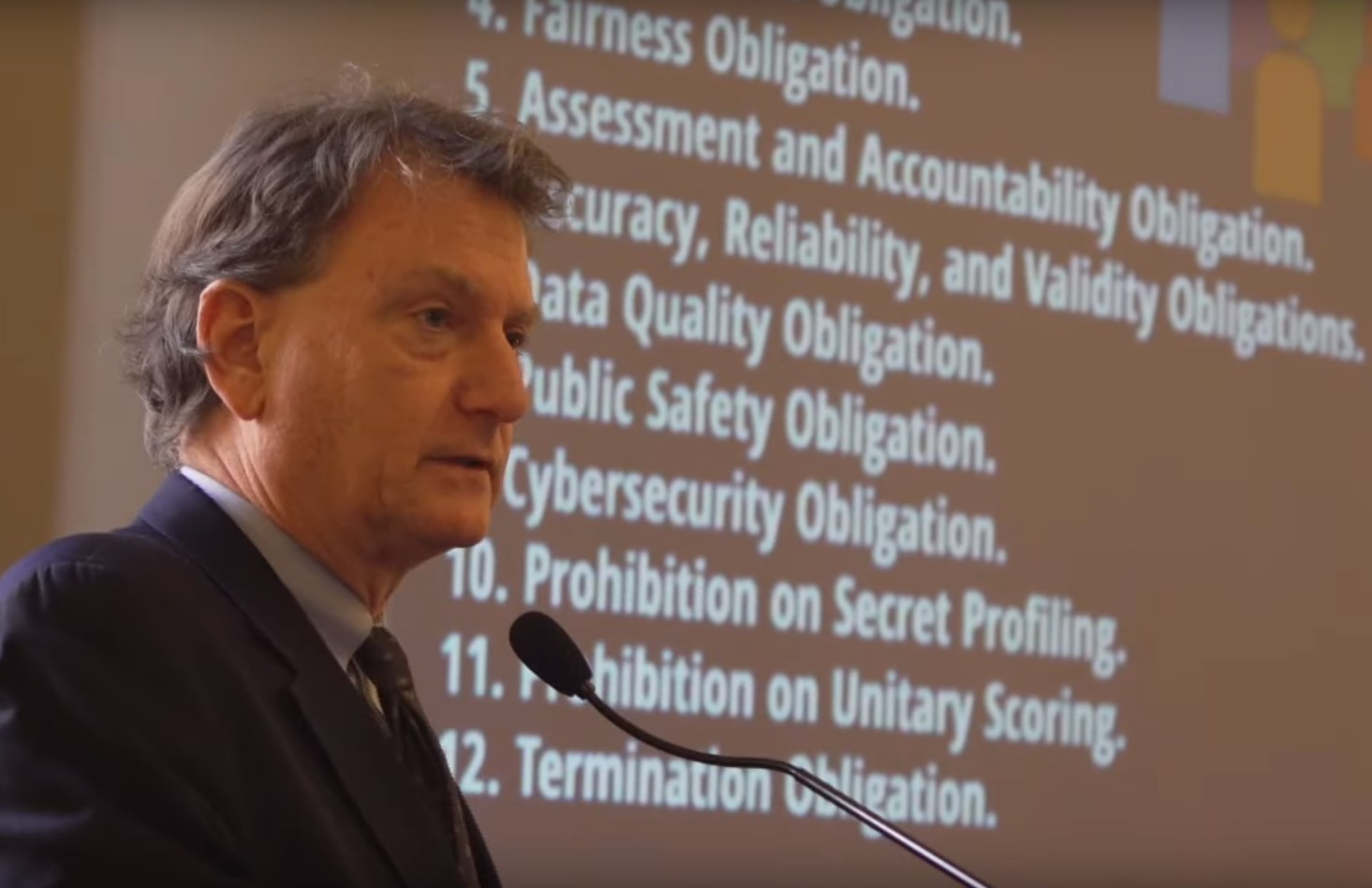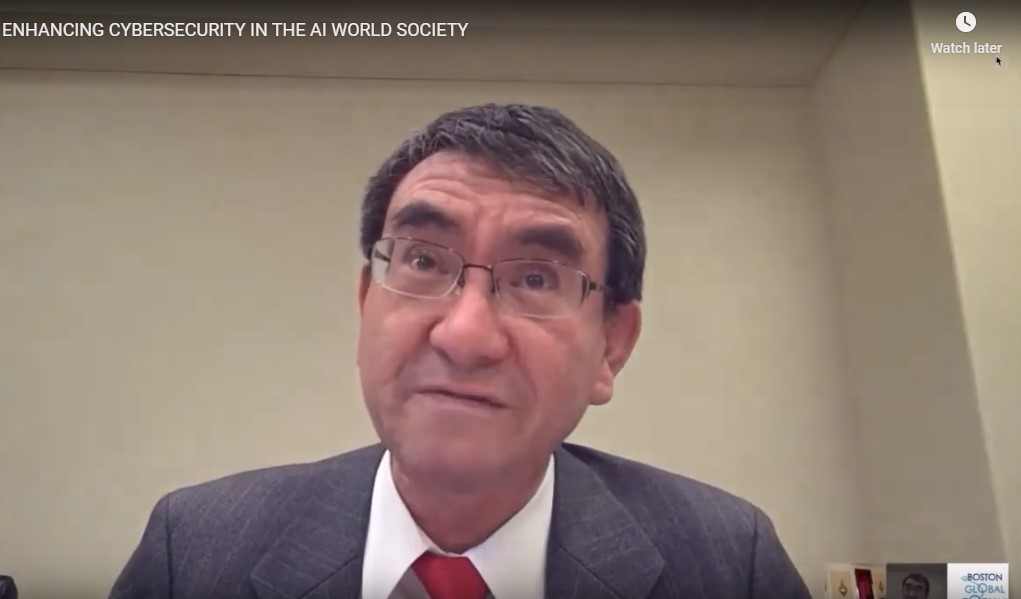Artificial Intelligence World Society
Mission
The mission of AIWS is to develop recommendations for the development and implementation of AI in ways that promote the public interest. This includes:
- Develop an ethical framework for the use of AI.
- Create a new social contract in the AI Age.
- Establish concepts and principles for the 7-layer AIWS.
- Innovate technical protocols to enhance cybersecurity and protect privacy.
- Building AI-Government, the AIWS City, and AI Initiatives in Politics and Society.
Foundation
The AI World Society Innovation Network (AIWS.net) is established by former Massachusetts Governor Michael Dukakis, Internet pioneer Nguyen Anh Tuan, M.I.T. professors Nazli Choucri and Alex Sandy Pentland, Harvard professors Thomas Patterson and David Silbersweig, and Northeastern University professor Christo Wilson.
This effort is sponsored by the Boston Global Forum, Michael Dukakis Institute, the Government of Massachusetts, and MIT and mentored by distinguished thinkers as father of Internet Vint Cerf, father of Bayesian networks Judea Pearl, father of soft power theory Joseph Nye, and from former presidents and prime ministers who are members of the World Leadership Alliance-Club de Madrid.
AIWS will identify, publish and promote principles for the virtuous application of AI, while AIWS.net will develop apps, solutions consistent with these principles for use in politics, governments, healthcare, education, transportation, national security, and other areas.
AIWS.net is constructed on four pillars:
1. Connecting
AIWS.net connects with political leaders, policymakers, governments of more than 50 countries include G7, Russia, India etc., international organizations as United Nations, OECD, World Leadership Alliance-Club de Madrid, and distinguished thinkers, innovators, research centers from leading universities as Harvard, MIT, Yale, Princeton, Columbia, Brown, Carnegie Mellon, Stanford, Berkeley, UCLA, Brandeis, University of Pennsylvania, Oxford, Cambridge etc. Through AIWS.net leaders, and distinguished thinkers will together discuss, create initiatives, solutions, applications, and practice them to build a better world with AI.
2. Monitoring and Judging:
AIWS.net will monitor AI developments and uses by governments, corporations, and non-profit organizations to assess whether they comply with the norms and standards codified in the AIWS Social Contract 2020. Noncompliant actors will be identified and publicized through fact-based reports.
3. Principles and Solutions:
Principles of AI-Governments, AI-Citizens, AIWS Social Contract 2020, AIWS City and principles of applied AI in politics, governments, education, healthcare, transportation, national security and create solutions to practicing these principles.
Assisting the United Nations in its UN 2045 Centenary Project, including preparation of a volume of forward- looking essays (curated by Mr. Nguyen Anh Tuan) on technological change.
Together with principles of AIWS, the Social Contract 2020, AIWS.net created the section Modern Causal Inference (MCI) to introduce and encourage applied Causal Inference and AI in politics, governments, healthcare, and economy. Professor Judea Pearl, UCLA, Turing Award, World Leader in AIWS Award, lead MCI section.
4. The History of Artificial Intelligence (HAI)
Historical events, achievements, and figures in AI: The AI Chronicle updated monthly, and The History of AI House, both online and physical at Novaworld Phan Thiet, Vietnam.
The HAI Board is chaired by Governor Michael Dukakis, with Professor Nazli Choucri (MIT), Professor Caroline Jones (MIT), Prime Minister Zlatko Lagumdzija, Bosnia and Herzegovina, Historian Chien Minh Le, President of Dalat University, Professor Ole Molvig (Vanderbilt University), Tuan Anh Nguyen (Michael Dukakis Institute), Professor Thomas Patterson (Harvard University), Professor Judea Pearl (UCLA), Professor Alex Pentland (MIT), Marc Rotenberg (Michael Dukakis Institute), Professor David Silbersweig (Harvard University), and President Vaira Vike-Freiberga, Latvia, Dr. Lorraine Kisselburgh (Chair of ACM’s Global Technology Policy Council), Professor Randall Davis (Associate Director of MIT’s Artificial Intelligence Laboratory (1993-1998)), and Professor Caroline A. Jones (MIT) as members.
AIWS NEWS

Khanh Hoa Leaders Welcome AIWS Film Park Project in Nha Trang
May 12, 2025 | Nha Trang, Vietnam On May 12, 2025, in Nha Trang, Mr. Nguyen Anh Tuan, Co-Chair and CEO of the Boston Global Forum (BGF), held an official meeting with Mr. Nghiem Xuan Thanh, Head of the Khanh Hoa Provincial Party Committee—the highest-ranking leader of...

Four Pillars Roundup: U.S. House of Representatives Sends Strong Message: Japan Must Also Stand Firm in Defense of Freedom and Democracy
By Yasuhide Nakayama | May 6, 2025 Representative of the Boston Global Forum (BGF) in Japan and Taiwan Former Japanese State Minister Yasuhide Nakayama, Representative of the Boston Global Forum (BGF) in Japan and Taiwan, responded to two significant bipartisan bills...
Alex Pentland Speech at The BGF Global Cybersecurity Day Symposium for 2019
https://www.youtube.com/watch?v=99go5ZivXTs
Marc Rotenberg Speech at The BGF Global Cybersecurity Day Symposium for 2019
https://www.youtube.com/watch?v=7DzettDZx9w
The Common Good Digital Framework
Aiws presentation leeper rebecca from Boston Global Forum
Rebecca Leper Speech at The BGF Global Cybersecurity Day Symposium for 2019
https://www.youtube.com/watch?v=EkRCoraqiys
Minister Taro Kono Speech at The BGF Global Cybersecurity Day Symposium for 2019
https://www.youtube.com/watch?v=pWWIJVhk3KM https://www.youtube.com/watch?v=v-nlhPew2SQ
Emerging AI Policy Frameworks, and EPIC’s Cases to Ensure AI Transparency
Marc Rotenberg AIWS from Boston Global Forum



